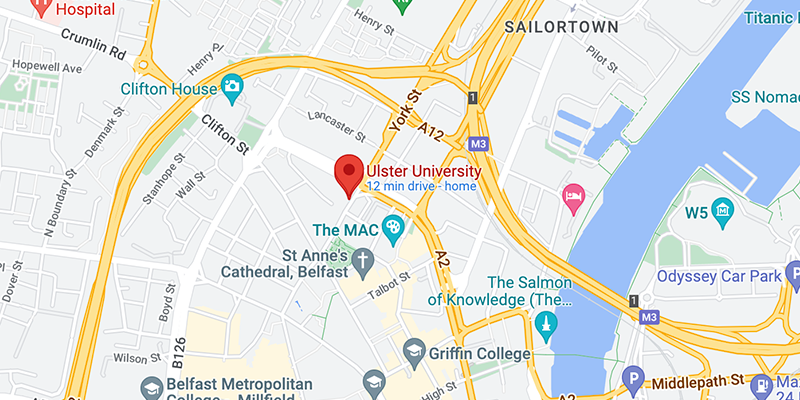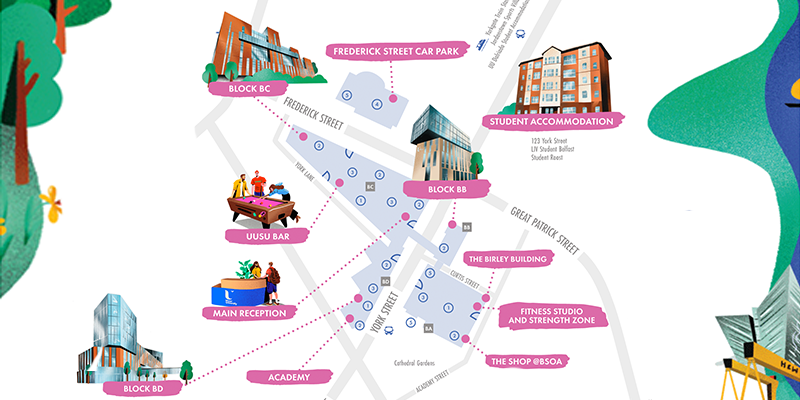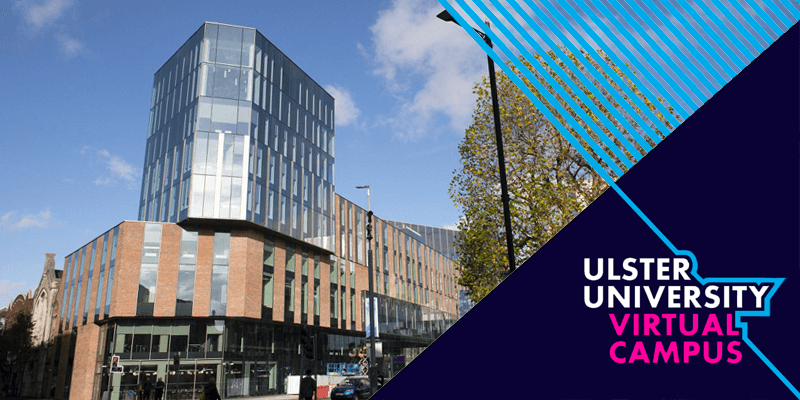Page content
Background
Ulster University will host an international interdisciplinary symposium on critical heritage, activism, and social change. Heritage is about the production and construction of knowledge in the present about the past; it is a social process.
What is notable about the current ‘Authorised Heritage Discourse’ (AHD) is the absence of marginalised or disempowered groups in the co-creation of heritage initiatives. They are rarely, if ever, involved as collaboration-leads in their co-design, implementation, and monitoring. The AHD embodies assumptions about what heritage is and how it should be understood. Moreover, museums and/or official state memorial processes have often failed to adequately reckon with difficult or ‘dark’ subjects in the recent past. The symposium will critique the AHD and examine whose knowledge is prioritised, who are the experts and who decides. The event is timely as several regions grappling with imminent policies on memorialisation of state and/or institutional violence.
Symposium – Friday 19 January 2024
The symposium will have three interlocking strands: memorialising historical institutional abuse (HIA); multicultural and intercultural heritages; and heritage after the NI conflict.
It will generate critical thinking, learning, and dialogue by exploring first-hand experiences and expertise from Northern Ireland, Republic of Ireland, Denmark, Australia, and Canada, drawing out tangible lessons and best practice. Examples of bottom-up participatory co-created heritage projects will be showcased from grassroots local, national, and international case studies.
It will bring together stakeholders and beneficiaries including victim-survivors, academics, museum professionals, advocacy NGOs, memory activists, heritage organisations, and practitioners, and policymakers, to explore participatory co-design approaches to heritage and new ways to embrace multiple voices about difficult subjects. It will consider the potential this approach has to create spaces and unlock transformative dynamics that empower disempowered groups, generate senses of ownership, and create pathways to justice and social change.
| Time | Event |
|---|---|
| 9.30am - 10am | Refreshments (Tea/Coffee) |
| 10am - 10.15am |
Welcome: Prof Patricia Lundy, Professor of Sociology Context: Dr Philip McDermott, Senior Lecturer in Sociology |
| 10.15am - 12.15pm | Panel 1: Historical Institutional Abuse: Memorialisation, Critical Heritage, and Activism. Chair Professor Patricia Lundy Sarah Smed: Director/Curator, The Danish Welfare Museum, a trained historian and museum activist. Title: “We are marked by it. Voicing the history of Danish special care” Lorraine Daniels: Indigenous member of the Long Plain First Nation, Canada. Residential school survivor. Executive Director, National Indigenous Residential School Museum of Canada. Title: “From a Place of Hurting to a Place of Healing.” David McGinniss: Melbourne University, Activist, Co-director Ash Tree Projects. Title: Whose Pain? Whose Shame? Integrating Heritage and Histories in Ballarat, Australia. Alison Lowry: Artist. UU Graduate and MA National College of Art and Design in Dublin. Title: (A)Dressing Our Hidden Truths |
| 12.15pm - 1.15pm | Lunch |
| 1.15pm - 3.15pm | Panel 2: Intercultural and Multicultural Heritage: Challenging Colonial Legacies and Contemporary Racism Chair: Dr Philip McDermott Michelle Charters: Head of International Slavery Museum, Liverpool Lilian Seenoi-Barr and Naomi Green: The North West Migrants Forum and the Black History and Heritage Project Donna Namukasa Music as Community Activism: Challenging Racism Through Intangible Heritage Panel Discussion: Michelle Charters; Lillian Seenoi-Barr, Naomi Greene, Michelle Charters and Tshamano Musapho |
| 3.15pm - 3.30pm | Short tea and coffee break |
| 3.30pm - 5.30pm | Panel 3: Heritage After Conflict: Story-Telling, Memory and Social Change Seán Murray (PhD; film, documentary maker): Reclaiming Cultural Memory: Storytelling in the Post-Conflict Era Dr Paul Mullan (Director The National Lottery Heritage Fund, Northern Ireland): Remembering Better: bringing out the complexity to challenge the single narrative. Maeve McLaughlin (Director of The Bloody Sunday Trust): Museums as Agents of Conflict Transformation. |
| 5.30pm | Closing Reflections: Professor Elizabeth Crooke |
| Evening | Drinks reception |
Belfast Campus
2-24 York Street, Belfast, BT15 1AP
Event Info
This event has ended
























